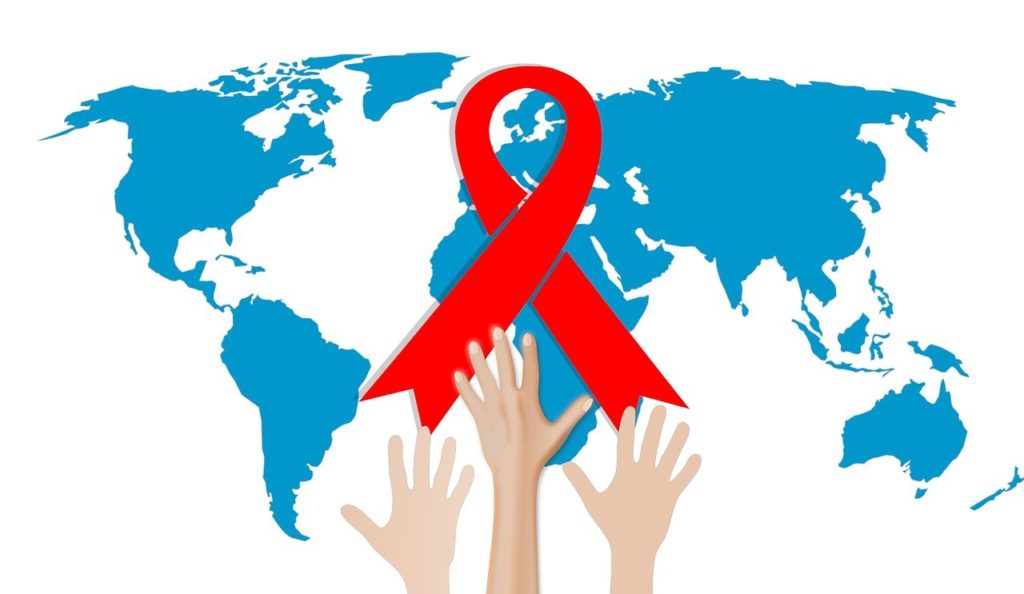WILLS POINT, TX – World AIDS Day is observed on December 1, 2020. The COVID-19 epidemic has captured so much of the headlines that news about AIDS, once recognized as the most threatening disease on the planet, has been moved to the back page of the news. That is, if it is mentioned at all.
That is unfortunate because the threat of AIDS is still very real.

The Prevalence of AIDS
We might have a better understanding of the prevalence of AIDS if we get interactive for a couple of minutes.
- Stop reading, then count to 100.
- Let’s go. One Mississippi/ Two Mississippi. Three Mississippi …
- Keep on counting. I’ll wait until you are done.
Have you finished counting? Stop for a moment to catch your breath.
While you were counting to 100, “a child or young person under the age of 20 [became] newly infected with AIDS.” UNICEF estimates that there are currently 2.8 million young people with AIDS. Nearly 110,000 children died of AIDS in 2019. Those numbers don’t count anyone over 20 years old.
Most of the children with AIDS contracted the disease through no fault of their own. They inherited it from infected birth mothers.
While the world is crying out for a COVID vaccine, there is still no vaccine to prevent AIDS.
During 2019, 690,000 people (including the 110,000 children) died as a result of AIDS-related conditions. During the same time, an additional 1.7 million people contracted the disease. It doesn’t take a mathematician to figure out that the contamination rate is nearly 2.5 times greater than the morbidity rate.
In laymen’s terms, hundreds of thousands of people are dying with AIDS, but more than twice as many are becoming infected on a regular basis.
Read more news on Health Issues on Missions Box.
Sources:
- HIV.gov, World AIDS Day #WorldAIDSDay
- CDC, 2020 Theme: Ending the HIV/AIDS Epidemic: Resilience & Impact
- WHO, World AIDS Day 2020, Global solidarity, resilient services
- Relief Web, 2020 World AIDS Day Report: Reimagining a resilient HIV response for children, adolescents and pregnant women living with HIV




